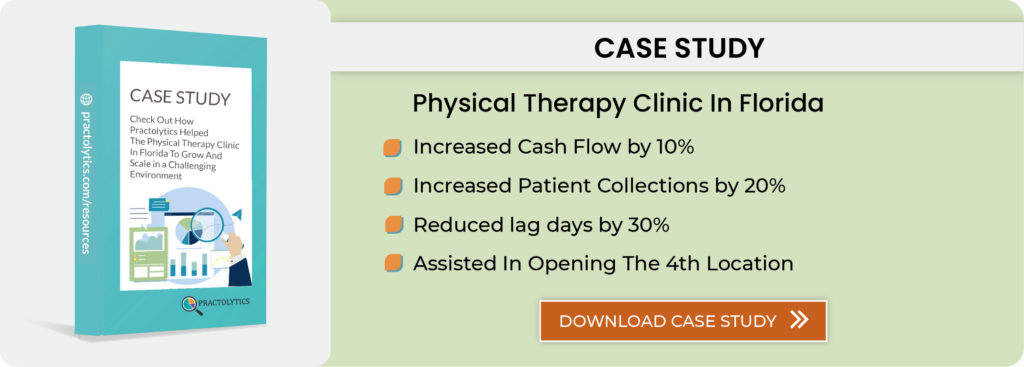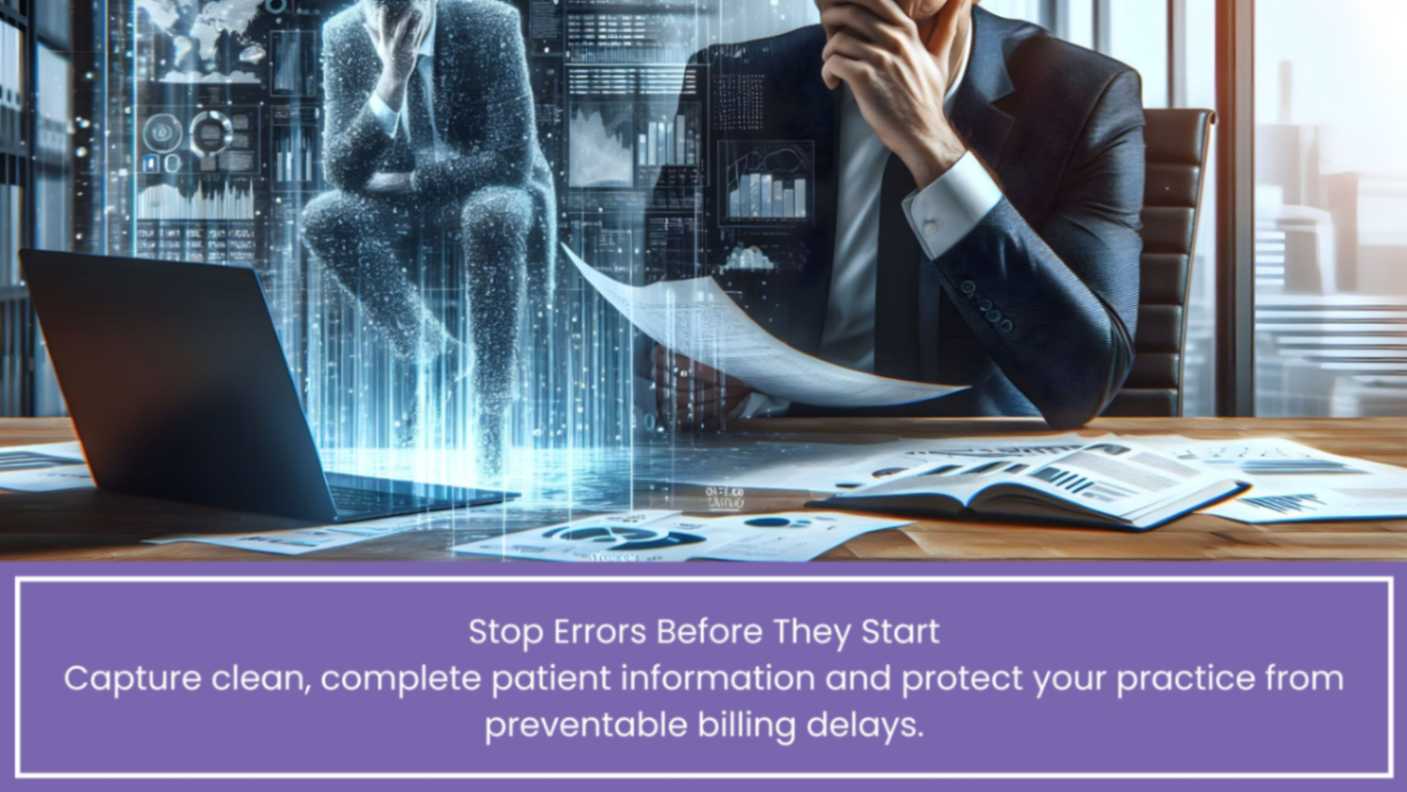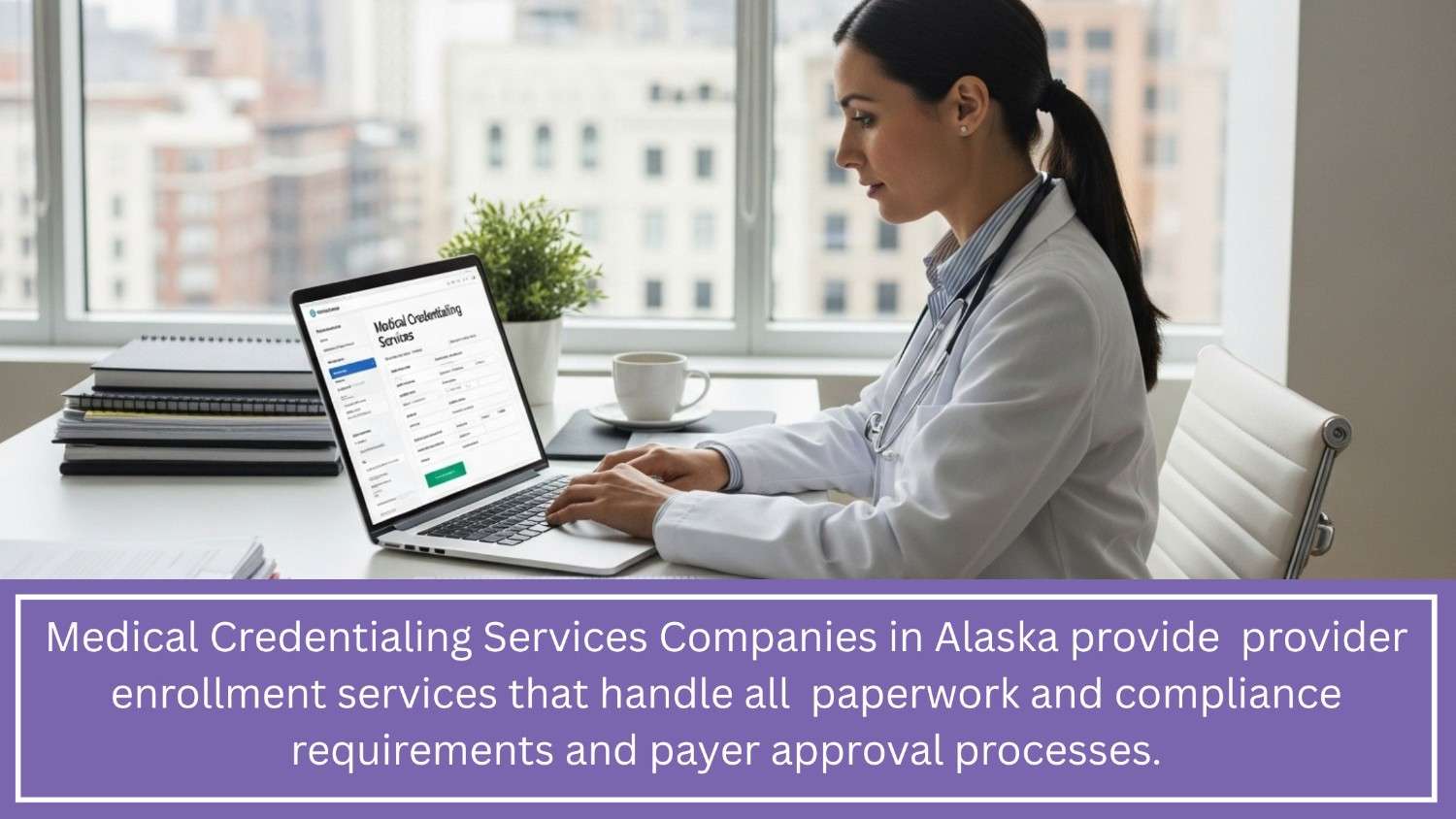Coding Confidence: Tips and Tricks for Gastroenterology Billing Excellence
In the complex terrain of gastroenterology billing, coding is a pivotal aspect. Gastroenterology coders must be conscious of various aspects to bring about an effortless billing cycle. The two major aspects that contribute to proper coding are accuracy and proper documentation. Gastroenterology coding services as the backbone to precise billing and reimbursements within the healthcare realm, focusing on digestive health.
Routine procedures including colonoscopies to intricate interventions require precise coding to guarantee a proper billing cycle. Documentation of the diagnosis and treatment could directly have an impact on the coding accuracy as even a small mistake could result in improper coding, which in turn will affect the billing cycle as the claim submitted gets denied and hamper the reimbursements for the rendered services. So, having proper documentation is indisputable as it imposes a direct effect on the financial health of the gastroenterology practice. Additionally, accurate coding is a crucial aspect when it comes to regulatory policies and in alleviating expensive billing audits.
However, gastroenterology coding brings in a multitude of concerns and intricacies as it contains several ranges of conditions and procedures under its specialty. These implications also involve exploring a wide array of CPT codes for procedures including biopsies, endoscopies, and polypectomies, each of which has a unique set of rules and regulations.
Allocating proper ICD-10 diagnosis codes for each gastrointestinal condition including Crohn’s disease, GERD, and gastrointestinal bleeding demands a thorough understanding and subject knowledge of these disease processes. Nevertheless, the ever-changing ecosystem of healthcare policies and payer regulations supplement further complications to gastroenterology coding, mandating ongoing education and training to stay on top of the changes.
Table of Contents
Tips for Accurate Gastroenterology Coding
Gastroenterology coding is complex and is subjected to continuous updates, changes, and revisions. Staying abreast of these versions is indisputable. The existing versions of CPT and ICD-10 manuals might be challenging to get a hold of but it is crucial. Review coding additions, changes, and deletions on a regular basis and make sure that the code used is precise for any given gastroenterology diagnoses and procedures. To boot, it is important to subscribe to reputable coding newsletters, attend relevant coding workshops, and make the best use of the online platform and the resources delivered by professional firms.
Coding modifiers exhibit a vital role in the accurate description of specific changes that could possibly impact reimbursement. It is crucial to take the time to attain the understanding and profound knowledge required to leverage appropriate codes in gastroenterology. Modifiers like modifier25, modifier 59 help identify the differences in the same procedures or distinct procedures done by the same professional, and such. Coders should know how to accurately allocate modifiers to ensure precision in coding, bring about proper reimbursement, and alleviate and possible audits or denials.
Precision in documentation is a fundamental aspect to ensure successful coding and billing in the gastroenterology specialty. Therefore, it is imperative to employ the best practices for coding compliance and reduce denial possibilities. Document even small details associated with the patient encounter, including the reason for visit, results of physical examination, performed procedures, test results, and the decisions involved medically. Be explicit and detailed while performing documentation to back the codes chosen for billing. This will ensure that there is a clear demonstration of the rendered services as required for the medical necessity. In addition to this, precise documentation also makes way for productive communication among the practice staff and coders which will have a positive impact on assignment and billing.
Gastroenterology practices encompasses an extensive range of services which go beyond procedures and diagnoses, like follow-up encounters, coordination of care, and counselling. To enhance reimbursements, it is important to make sure that all the billable services delivered to the patient are included through thorough documentation. Healthcare providers and coding staff must also be educated on the importance of including all the billable services in documentation to maximize reimbursement rates. Employ processes that help identify and document all the services provided, even the non-procedural ones to ensure that they are precisely coded and billed for. By enhancing reimbursement for all billable services, gastroenterology practices can streamline their revenue cycle and improve the performance of their finances.
However, there is a myriad of challenges posed by gastroenterology while exploring various codes due to the procedural complexities and implications of payer policies. Here is an elaborated understanding of typical concerns in gastroenterology coding together with promising solutions:
Common Coding Challenges and Solutions in Gastroenterology Billing
Distinguishing Between Screening and Diagnostic Procedures
The major concern in gastroenterology coding is distinguishing diagnostic and screening procedures. Diagnostic procedures are held to examine and identify specific conditions or symptoms thoroughly. On the other hand, screening procedures involve preventive measures conducted on asymptomatic patients.
It is pivotal for gastroenterology coders to seek efforts to have a profound understanding of the indications of each procedure and the coding policies associated with them. In-depth clarity in providers’ documentation about the purpose of the specified procedure is unavoidable. Therefore, educating and training healthcare providers to perform thorough documentation must be given so that the patient’s symptoms, indications for the procedure, and medical history can be clearly outlined to facilitate precise coding.
Coding for Complex Cases and Multiple Procedures
Gastroenterology practices often run into intricate patient cases that could involve multiple procedures for one single patient visit. Coders must be fully vigilant and cautious while coding for such cases and consider individual procedures performed along with their associated codes.
For coders to have a clear idea about the procedures involved, the healthcare providers must document each procedure with precision during the encounter thoroughly and include details such as indications, complications, and findings. Once precision in documentation is attained, coders must carefully explore the given information capture each procedure, and allocate proper codes by the coding policies. For this precision to become active, it is important to conduct regular training sessions for the coding staff on coding regulations for such complex cases and help them improve their efficacy in coding.
Navigating Payer-Specific Coding Guidelines and Policies
Another major concern in gastroenterology billing is that different insurance payers will have different regulations, policies, guidelines, and coverage determinations. This could result in significant communication and inconsistency while performing coding.
Therefore, it is unavoidable for gastroenterology practices to stay informed on the payer-specific coding requirements and regulations. This goes with regular review of payer contracts, updates, and policies to clearly understand the coverage specifics and determinations. It maintains effective communication channels with the insurance payers to clear up coding-related queries and bring solutions to coding-related concerns effectively. Proactively leverage the given resources given by the payers like coding manuals, online portals, and such to stay abreast of the policy changes and coding necessities.
Managing Updates and Changes in Coding Guidelines
It is indisputable that ongoing training sessions be conducted and that the coding staff be educated on the frequent updates and policy changes in gastroenterology procedures.
For that to unfold, gastroenterology practices must invest in ongoing education and training programs to bring out the best in the coding staff by keeping them on top of the regulatory changes and guidelines. Gastroenterology practices must also encourage their coding staff to attend potential workshops, conferences, webinars, and such to stay informed on all the aspects of payer policies and updates and engage in best coding practices. They must also be pushed to make the best use of the online resources given by coding associations.
Advanced coding techniques for gastroenterology billing excellence
Hierarchical Condition Categories Coding or HCC Coding: It is a method leveraged in value-based care (e.g. Medicare Advantage and Accountable Care Organizations) models for risk adjustment. It entails accurate capturing and documentation of chronic conditions and other health factors that might affect patient outcomes and health expenses. In gastroenterology, HCC plays a crucial role that enables practices to precisely identify and document specific conditions, assuring relevant risk adjustment and proper reimbursement under value-based payment models.
Quality reporting programs: Programs including Merit-based Payment Systems and Alternative Payment Models demand practices to inform on several quality measures to guarantee incentives and dodge penalties. Gastroenterology practices can enhance coding and documentation to fulfill the requisites of these programs by assuring precision in the documentation of patient visits, performed procedures, and patient outcomes. This encompasses capturing required diagnosis codes, procedure codes, and quality data elements to showcase the value and quality of the patient care that was rendered.
Technology solutions: Bringing in technology and software tools can help with the optimization of the coding workflows, improve precision, and augment the gastroenterology billing efficacy. EHR systems could be integrated with coding modules that could help with the automation of the coding process suggest proper codes for the given documentation, and conduct real-time coding audits. In addition to this, coding software tools incorporate functionality and features including code lookup, code guidelines, and compliance checks to back clear coding and compliant practices. Technology integration in coding will help gastroenterology practices enhance their overall coding efficacy, minimize errors, and improve reimbursements.
Closing Remarks
Even with all the challenges and disparities in the gastroenterology landscape, several advanced solutions and strategies can help alleviate and streamline gastroenterology billing. It is pivotal to encompass such measures into coding practices to attain success in claims submission and guaranteed reimbursements. For optimal billing needs, choose Practolytics as your partner and ensure precision, efficacy, and enhanced revenue.
ALSO READ – Addressing Challenges in Gastroenterology Billing
Talk to Medical Billing Expert Today — Get a Free Demo Now!






